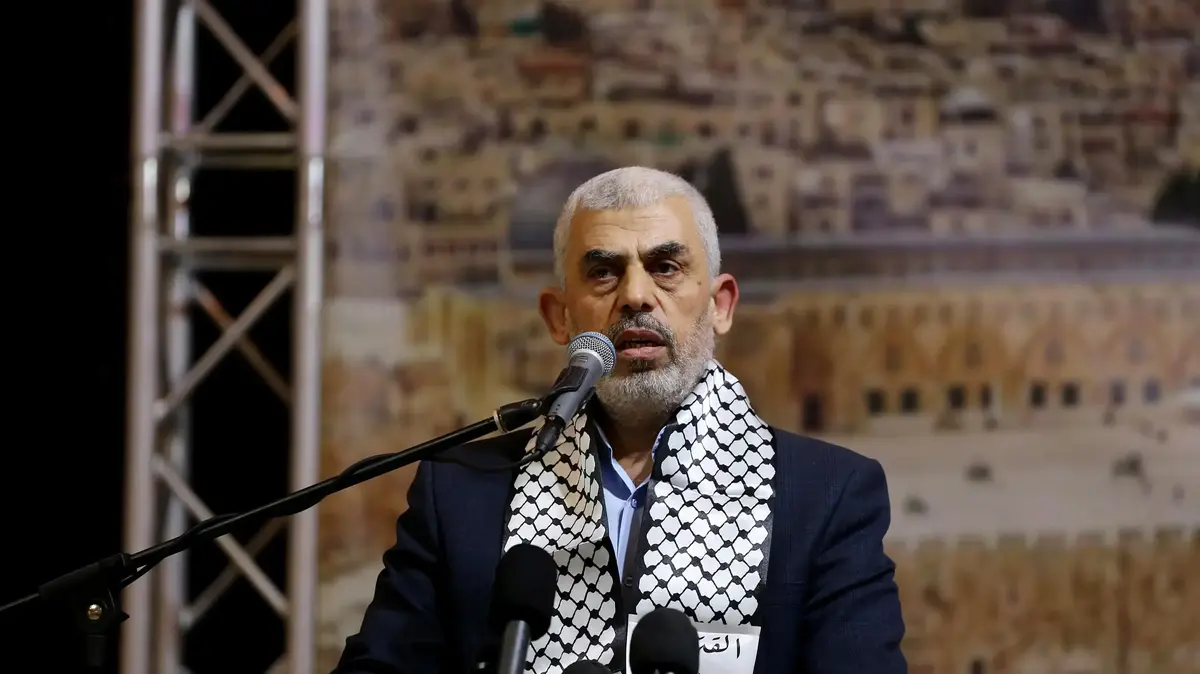Hamas' New Demands in Hostage Deal Negotiations Spark Controversy
A senior Hamas official stated on Thursday that the proposed "amendments" to the ceasefire deal and hostage release plan presented by the United States are not significant, primarily focusing on the identity of the Palestinian prisoners to be released from Israeli prisons. However, the United States and Israel find some of Hamas' new demands entirely unacceptable.
According to Reuters, Hamas demands the right to select the hundred senior security prisoners to be released from Israeli jails. The organization opposes Israel's insistence that it compile a list excluding one hundred prisoners sentenced to long terms and that only prisoners with less than 15 years remaining in their sentences be released.
Hamas also demands a complete withdrawal of Israeli forces from the Gaza Strip, including from the Philadelphia corridor, and insists on a total ceasefire. The militant group wants guaranteed written assurances from the United States, Russia, Turkey, China, and the United Nations that hostilities will not resume once the hostages are released.
Moreover, Hamas demands that all prisoners freed during the Shalit deal, who were later re-arrested, be released again. The organization also seeks the lifting of the blockade on Gaza and the opening of all crossings, especially Rafah, alongside calls for a comprehensive rehabilitation of the Strip within three to five years.
In a separate statement, Hamas accused U.S. Secretary of State Antony Blinken of unfairly blaming the organization for the stalled negotiations. Hamas reasserted its stance for a comprehensive agreement based on their demands for a full withdrawal from the Gaza Strip, the return of displaced persons, and a significant prisoner exchange deal.
- The Saudi Al-Majlah newspaper published further details of Hamas' purported demands, emphasizing a phased approach. The initial phase, lasting 42 days, includes a temporary ceasefire and withdrawal of the IDF from civilian areas, including the Philadelphia corridor.
- According to the same report, specific numbers of abductees to be released were adjusted. Initially set at 33, the number was revised to 32, including both civilians and female soldiers. Separate provisions were made for the release of Hisham al-Sayed and Avra Mengistu as well as 47 individuals previously released in the Shalit deal but re-arrested later.






